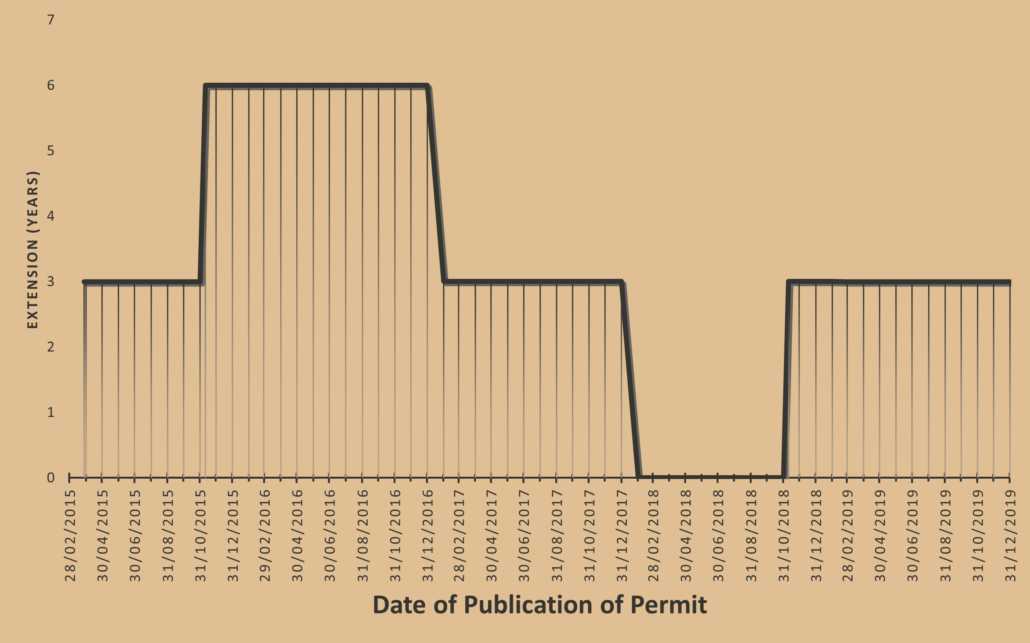PR 01/25 | KTP welcomes draft regulations to address regulatory discrimination in previous permit extensions
The Council of the Kamra tal-Periti welcomes the publication of draft regulations which at long last initiate the formal process to address the anomaly that had been created through L.N.263 of 2023. The Council had called for this error to be fixed within days from its publication, issuing a number of press releases on the matter[1],[2] and holding various meetings with various Ministers and the Planning Authority officials to bring this situation to an end, particularly in view of the grave risks it had posed to construction sites with ongoing works that were unfairly excluded from previous permit extensions.
With the eventual coming into force of this draft legal notice, the grave injustice, and frankly regulatory discrimination, suffered by over 8,700 permit holders has been finally made good.
The Kamra tal-Periti looks forward to initiating discussions with the Planning Authority on addressing several other regulatory and procedural issues causing unnecessary burdens on the average citizen, treating them with the same brush as major developers.
[1] https://kamratalperiti.org/pr-08-23-extension-of-validity-period-of-development-permits/
[2] https://kamratalperiti.org/pr-03-24-anomaly-of-unequal-validity-period-for-various-development-permits-prevails/



You must be logged in to post a comment.